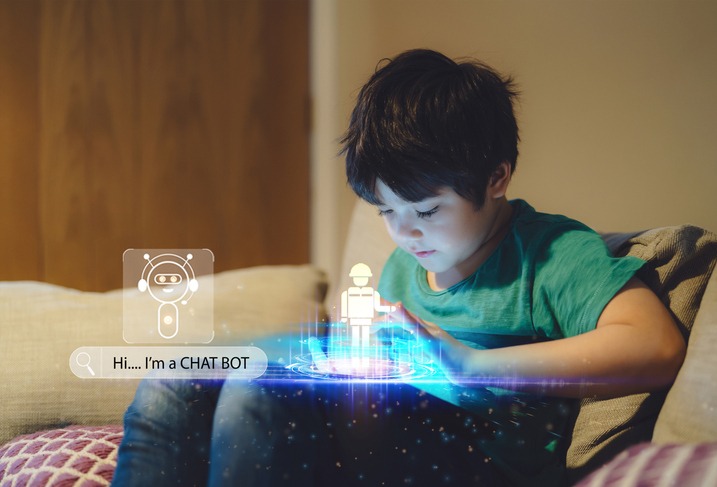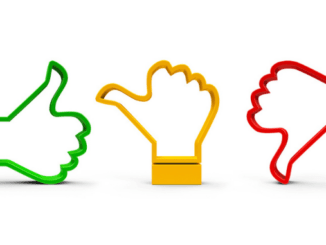
As reported by BBC, BBC Young Reporters, Theo and Ben, investigate AI use among students and the challenges it poses in academia.
”A geography assignment was due next period and I used ChatGPT to write out the whole speech for me. When I was saying it out loud and I got asked questions I had no clue what I was saying. I got a detention.”
“I didn’t know what the question meant… so I put in ChatGPT and it just simplified it.”
“When you’re doing homework, there’s no teacher in the classroom. It’s like a teacher when you’re at home.”
That is just a snapshot of how some of our friends have tried to spruce up their schoolwork using AI – technology that allows a computer to act and respond almost as if it was a human.
We asked our form groups to fill out an anonymous survey. A total of 31 out of 33 had used AI in schoolwork, and 27 thought it should be taught in schools.
Teachers themselves are exploring the potential of this rapidly developing technology, too. Jonathan Wharmby, who teaches computer science at Cardinal Heenan Catholic High School in Liverpool, uses AI to help with planning and creating resources, such as multiple choice questions – but said there were issues.
“Sometimes ChatGPT and the like will go off on tangents or will give incorrect answers, so it still needs me to look over them to check that they are correct,” he said.
He said using ChatGPT in an exam scenario would be cheating, just as would using a search engine.
“But to help you with your schoolwork, I don’t see an issue – as long as you’ve got that critical eye and you double check what it’s coming back with,” he added.
The government in England launched a consultation this year on AI in education, including on how it can be misused, and will publish its results later in the year.
We wanted to see how easy it was to distinguish between work that was original, work that was fully generated by AI, and work that had – as Mr Wharmby suggested – used it as a tool.
So we set ourselves a challenge, which involved each of us answering the same essay question, twice.
Our first answers were entirely our own work. But for the second one we each used ChatGPT in a different way – one of us asking it to write the whole answer, and the other asking it to generate ideas and help plan the essay.
When we swapped to see if we could spot where the other person had used it, and how, we were both pretty confident that we could spot the difference.
But it turns out we should not have been – neither of us guessed entirely correctly.
One thing that threw us was how convincingly AI wrote about human emotions, like in this extract of the essay written entirely by ChatGPT:
The whole challenge made us realise just how deceptive AI can be and how easy it would be to cheat.
The risks of AI will be the focus of the first Global AI Safety Summit this week in Bletchley Park, which Prime Minister Rishi Sunak said would be attended by representatives from “companies pioneering AI and the countries most advanced in using it”.
Mr Sunak said the world did not yet have “a shared understanding” of the risks, but that, ultimately, the UK would not “rush to regulate”.
“We believe in innovation – it is a hallmark of the British economy, so we will always have a presumption to encourage it, not to stifle it,” he said.



Be the first to comment